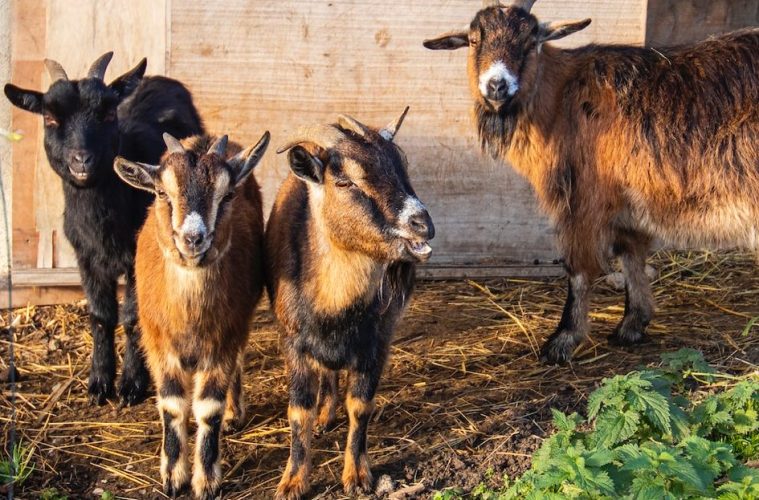Because livestock farming represents a significant source of greenhouse gas emissions, FAO recently brought together various stakeholders (farmers, indigenous communities, scientists, etc.) to explore avenues for transforming the sector. The objective is to build a high-yield, low-carbon footprint system.
Four roundtable discussions allowed participants to exchange ideas on production, nutrition, the environment, and the social conditions of livestock farmers. Participants concluded on the importance of addressing conversion rates, losses, input use, and the equitable distribution of land and water resources.
Livestock farming contributes to food security in regions affected by crises, whether climatic or otherwise. However, its industrial aspect requires a transition to mitigate pollution and diseases that pose risks to humans.
In parallel with the conference and in collaboration with the Union of Mediterranean Universities (UNIMED), FAO organized a Global Youth Dialogue on Livestock Transformation to encourage young people to engage in the livestock sector. The discussions and conclusions of the conference will inform the debates within FAO’s Livestock Subcommittee.
Source : FAO




